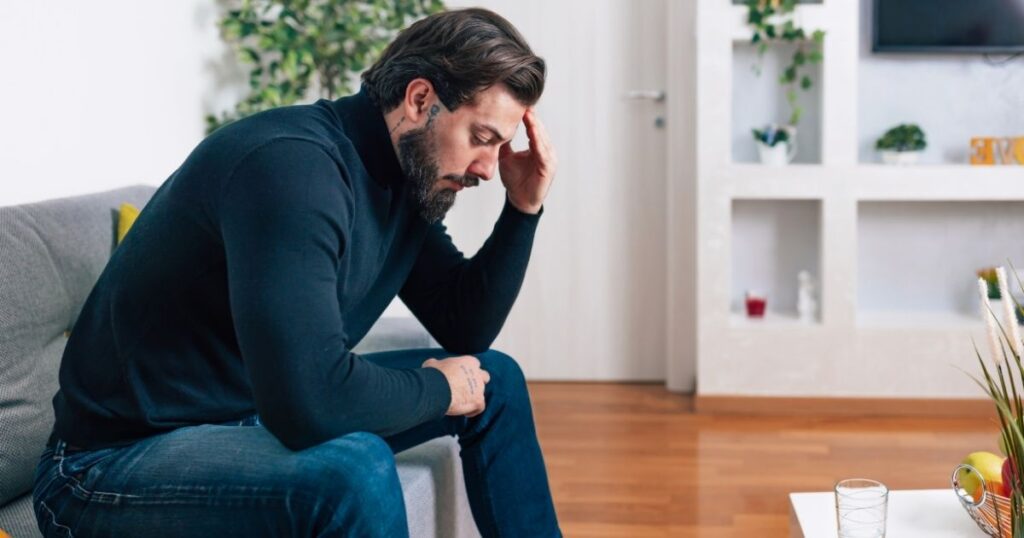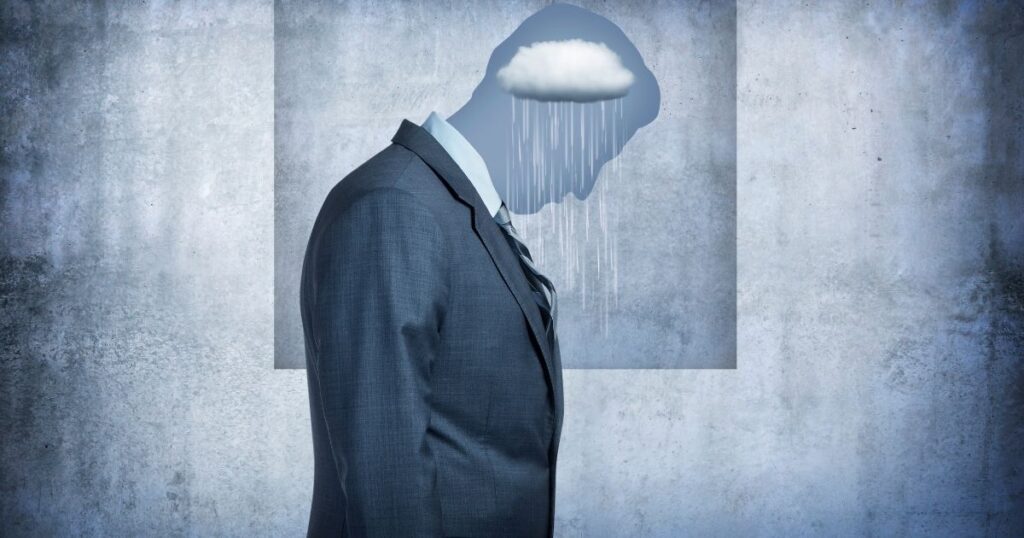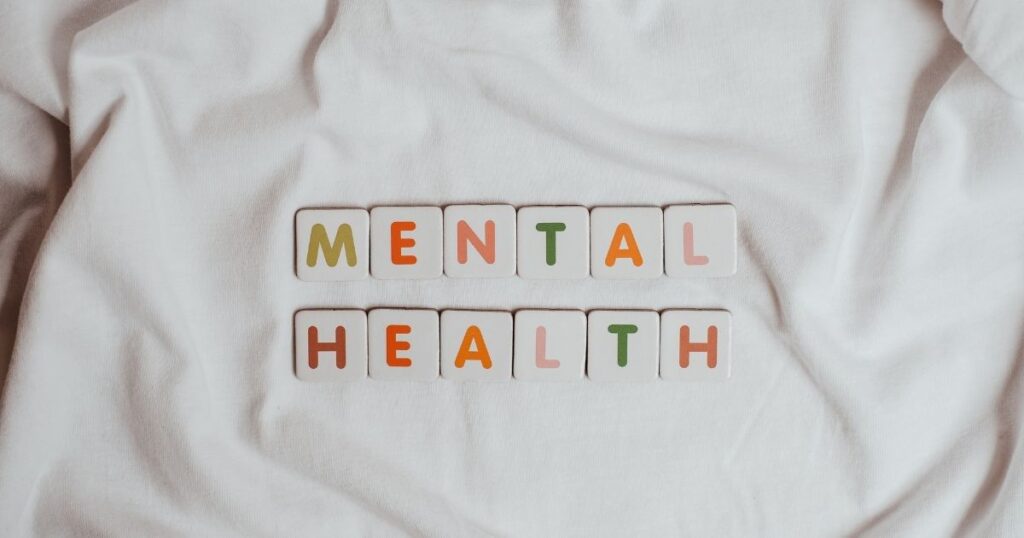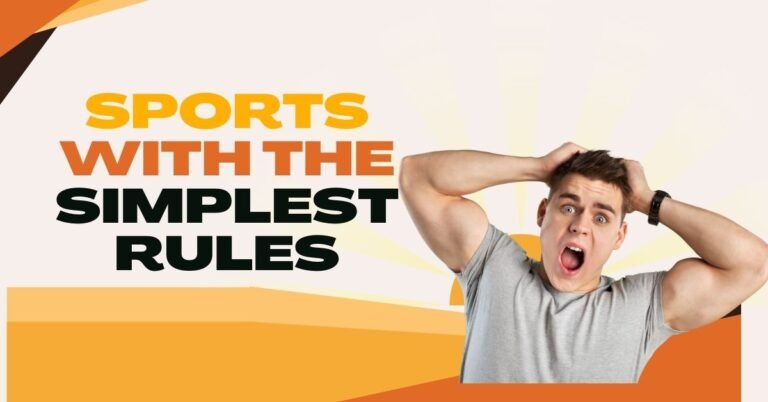Participating in competitive sports, especially at an elite level, is both mentally and physically grueling. The constant pressures athletes face on and off the field can profoundly impact their overall well-being and performance if not managed properly. In this detailed blog, we will discuss the importance of social support to protect athlete’s mental health.
The Growing Mental Health Crisis in Competitive Athletics

While sports provide many benefits like improved fitness, confidence, and purpose, athletes across all levels face escalating mental health strains including:
- Extreme pressure to succeed, win, avoid failure or criticism, and play through injury
- Isolation and loneliness being constantly on the road for travel teams
- Difficulty balancing demanding training with education or career
- Intense media spotlight and public scrutiny
- For youth, absorbing unrealistic expectations from parents and coaches
- Cyberbullying from fans on social media
This strain manifests in heightened anxiety, depression, eating disorders, burnout, self-harm, and suicide rates among athlete’s. 35% of elite athletes suffer depression or anxiety compared to 15% of the general public. The ingrained macho stigma around mental health issues causes many to suffer silently. Quality social connections are a crucial buffer.
Why Social Support to Protect Athlete’s Mental Health Is So Critical
Meaningful social relationships have proven mental health benefits that help athletes better handle sports’ demands by:
- Providing perspective and reassurance during times of stress
- Fostering accountability, motivation, and resilience
- Offering empathy and relief during disappointments or injuries
- Creating fun opportunities away from sports for relaxation
- Normalizing and encouraging seeking mental health support
- Facilitating mentorship between veteran and rookie athlete’s
Put simply, humans need community, especially in adversity. Athletes embedded in strong support networks exhibit markedly better coping skills and resilience.
Proactively Building Holistic Support Circles

Athletes must be intentional about constructing diverse social circles:
Within the Team
- Organize team dinners, parties, or recreational activities to foster camaraderie
- Lead community service activities that bond teammates to a greater cause
- Make concerted efforts to personally connect with all teammates
- Check-in on struggling or injured players and offer encouragement
- Celebrate individual and team accomplishments consistently
Outside Sports
- Maintain non-sports friendships to prevent isolation in athletic bubbles
- Pursue hobbies and interests beyond sports for balance
- Interact with teammates’ friends/families to widen support community
At Home
- Communicate openly with family about sports-related stressors
- Ask loved ones for specific support like attending key events
- Discuss concerns over excessive pressure placed on you
- Spend quality non-sports time with family
Additional Tips
- Obtain a mentor outside team through alumni networks or youth organizations
- If religious, connect with like-minded community members
- Use digital tools like group texts to stay bonded when apart
- Schedule mandatory team leisure and fun periods
Coaches and organizations must also facilitate inclusive team bonding policies and mental health resources.
Unique Considerations for Different Subpopulations

Certain athletes have additional support needs:
Injured Athletes: Teammates should provide inclusion, visits, and emotional support during recovery. Coaches must still engage injured players.
Youth Athletes: Remind children their identity is not defined solely by sports success. Broad social bonds prevent young athlete’s pegging self-worth to athletics.
Female Athletes: Gender equality creates unique pressure around appearance and discrimination. Bond with other female athletes over shared experiences.
LGBTQ Athletes: Seek out other openly gay athlete’s to find empathy for the stigma faced. Allies must emphasize acceptance to override bigotry.
Student-Athletes: Balance academics and sports by bonding with non-athlete classmates. School counselors can provide needed impartial support.
Retiring Athletes: Proactively form social ties outside sports to aid the transition to post-athletic life. Stay engaged as an alumni.
Promoting Supportive Team Cultures
Coaches and organizations share responsibility in promoting mental health:
- Destigmatize seeking mental health treatment
- Discourage bullying, hazing or excessive teasing
- Implement mandatory days off and team bonding time
- Train coaches on recognizing mental health red flags
- Develop mentoring programs between veteran and rookie players
- Ensure injured athletes still feel included and supported
- Make counseling and psychiatry resources readily available
- Educate athletes friends/family on providing support
Conclusion:
The thrills of sports come with heavy mental tolls. By surrounding themselves with diverse support networks, athletes can better maintain perspective, motivation, and resilience despite immense pressure. With strong social backing, sports become more sustainable and enjoyable. Support systems anchor athlete mental health.
Frequently Asked Questions
Why are strong social bonds important for athletes?
Social support provides perspective in adversity, resilience against stress, fun away from sports, and encouragement to seek help when needed. Humans need community.
What are signs an athlete is struggling mentally?
Withdrawal, mood changes, loss of interest in sports, changes in sleep/diet, drug/alcohol use, and suicidal ideation. Speaking with a counselor is recommended.
How can coaches better support athletes’ mental health?
Destigmatize treatment, implement bonding policies, train on warning signs, provide counseling resources, and be understanding.
What should injured athletes do to cope?
Focus energy on rehabilitation goals. Stay engaged with the team and maintain social activities outside sports. Don’t isolate.
How can parents optimize support for young athletes?
Avoid placing excessive pressure. Emphasize balance and that self-worth isn’t defined by sports. Facilitate non-sports friendships.




